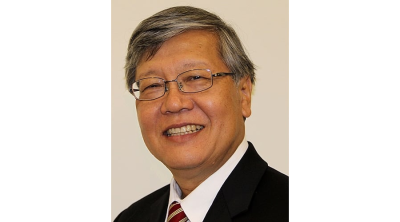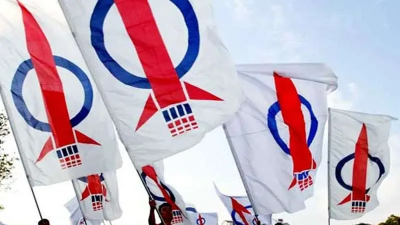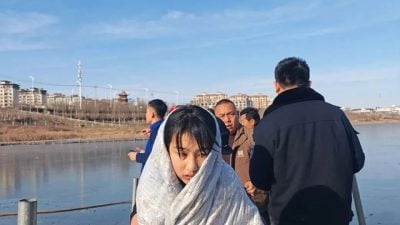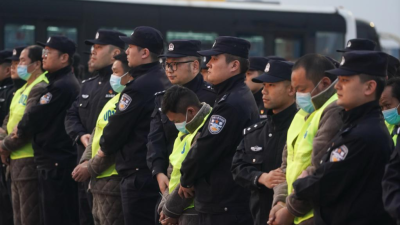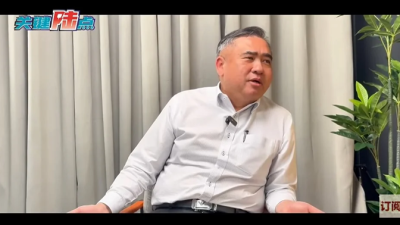WASHINGTON: China appears determined on using force in Taiwan, with Russia’s experience in Ukraine affecting Beijing’s calculations on when and how — not whether — to invade, the head of the CIA said.
Appearing at the Aspen Security Forum, Central Intelligence Agency Director Bill Burns said that China likely saw in Ukraine that “you don’t achieve quick, decisive victories with underwhelming force.”
He played down speculation that Chinese President Xi Jinping could move on Taiwan after a key Communist Party meeting later this year but said the risks “become higher, it seems to us, the further into this decade that you get.”
“I wouldn’t underestimate President Xi’s determination to assert China’s control” over self-ruling Taiwan, he said.
Burns said that China was “unsettled” when looking at Russia’s five-month-old war in Ukraine, which he characterised as a “strategic failure” for President Vladimir Putin as he had hoped to topple the Kyiv government within a week.
“Our sense is that it probably affects less the question of whether the Chinese leadership might choose some years down the road to use force to control Taiwan, but how and when they would do it,” Burns said.
“I suspect the lesson that the Chinese leadership and military are drawing is that you’ve got to amass overwhelming force if you’re going to contemplate that in the future,” he said.
China also has likely learned that it has to “control the information space” and “do everything you can to shore up your economy against the potential for sanctions,” he said in a live interview with NBC News correspondent Andrea Mitchell.
Burns, in line with previous US assessments, said that the United States does not believe that Beijing is offering military support to Russia despite rhetorical backing.
He said China has stepped up purchases of Russian energy but appears careful about not incurring Western sanctions.
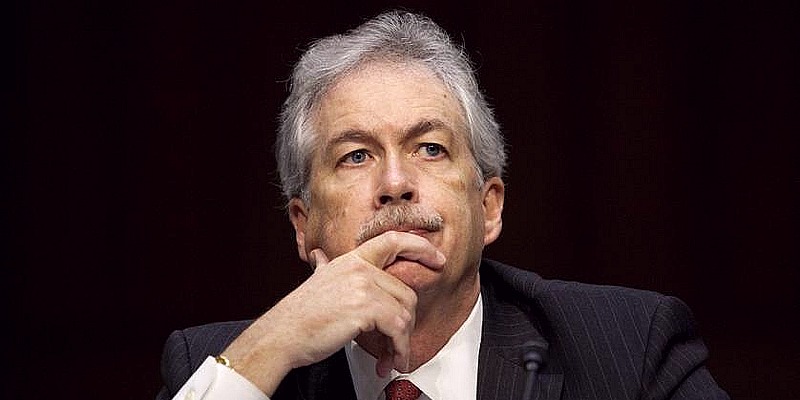
‘Peaceful reunification’
China’s defeated nationalists fled to Taiwan in 1949 after losing the mainland’s civil war. The island has since developed into a vibrant democracy and leading technological power, but China claims it as its territory.
Speaking before Burns at the forum in the Rocky Mountains, China’s ambassador to the United States, Qin Gang, said that Beijing still preferred “peaceful reunification.”
But he accused the United States of supporting “independence” forces in Taiwan, where President Tsai Ing-wen has asserted the island’s separate identity.
“No conflict and no war is the biggest consensus between China and the United States,” Qin said.
But the United States is “hollowing out and blurring” its stated policy of only recognising Beijing, he said.
“Only by adhering strictly to the One-China policy, only by joining hands to constrain and oppose Taiwan independence, can we have a peaceful reunification,” he said.
Under a law passed by Congress when Washington switched recognition from Taipei to Beijing in 1979, the United States is required to provide weapons to Taiwan for its self-defence.
President Joe Biden said in May that the United States was ready to use force to defend Taiwan from a Chinese attack, appearing to shed the long-held US ambiguity on whether it would engage militarily, although the White House quickly walked his comments back.
Biden told reporters Wednesday that he expected to speak to Xi “within the next 10 days.”
A number of US delegations have visited Taiwan, mostly of former officials, but Beijing recently warned against a reported trip plan by House Speaker Nancy Pelosi, who is third in line to the presidency.
ADVERTISEMENT
ADVERTISEMENT










